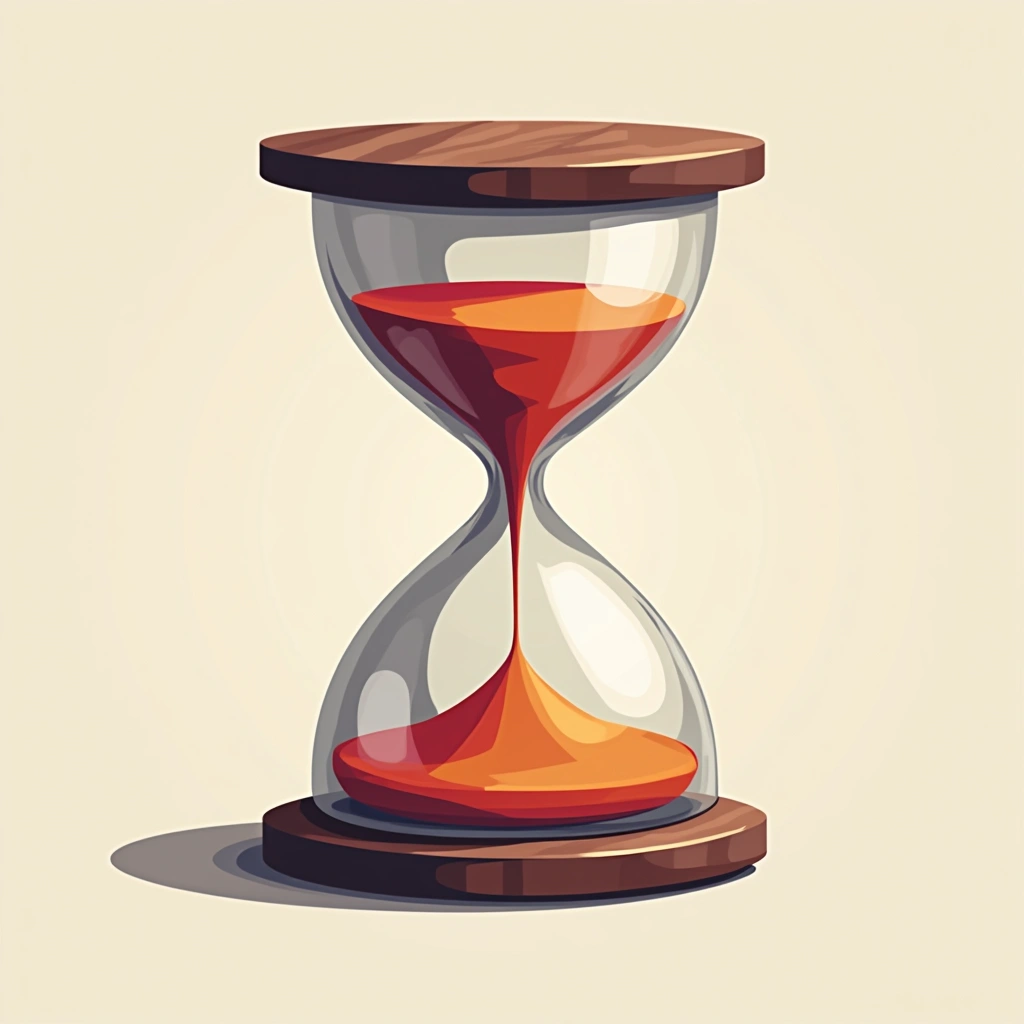
Long Working Hours
Maintained 16-hour workdays spanning military planning, governance, and correspondence. Integrated work into meals and leisure activities like theater visits.


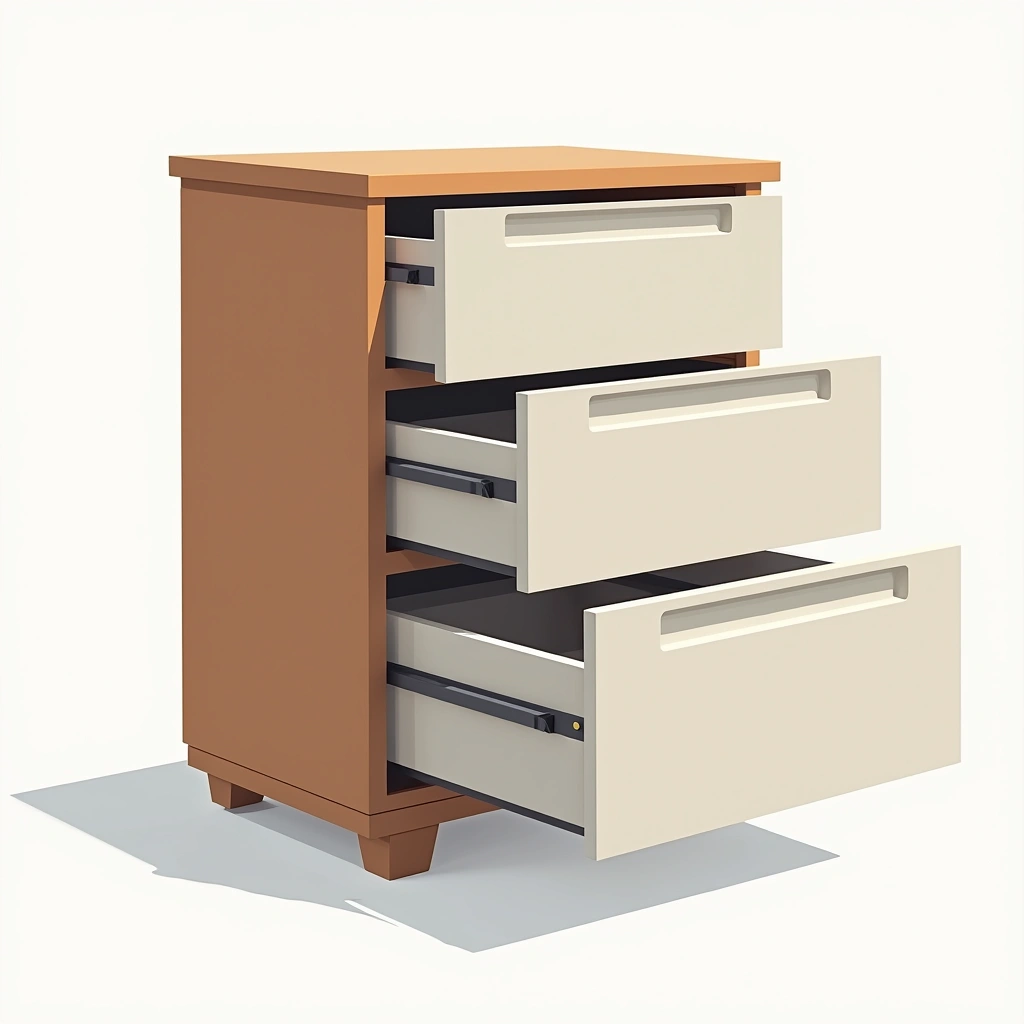
Compartmentalized Task Management
Used mental 'drawers' to isolate different projects, enabling abrupt task-switching without cognitive interference. Could transition from military strategy to civil engineering within minutes.



Discontinuous Sleep Pattern
Slept in multiple short bursts (3-4 hours nightly), waking to work during nocturnal hours. Maintained mental clarity through segmented rest.



Mobile Office Configuration
Equipped carriages with writing desks, maps, and document cases for continuous work during travel. Conducted meetings and drafted orders en route.


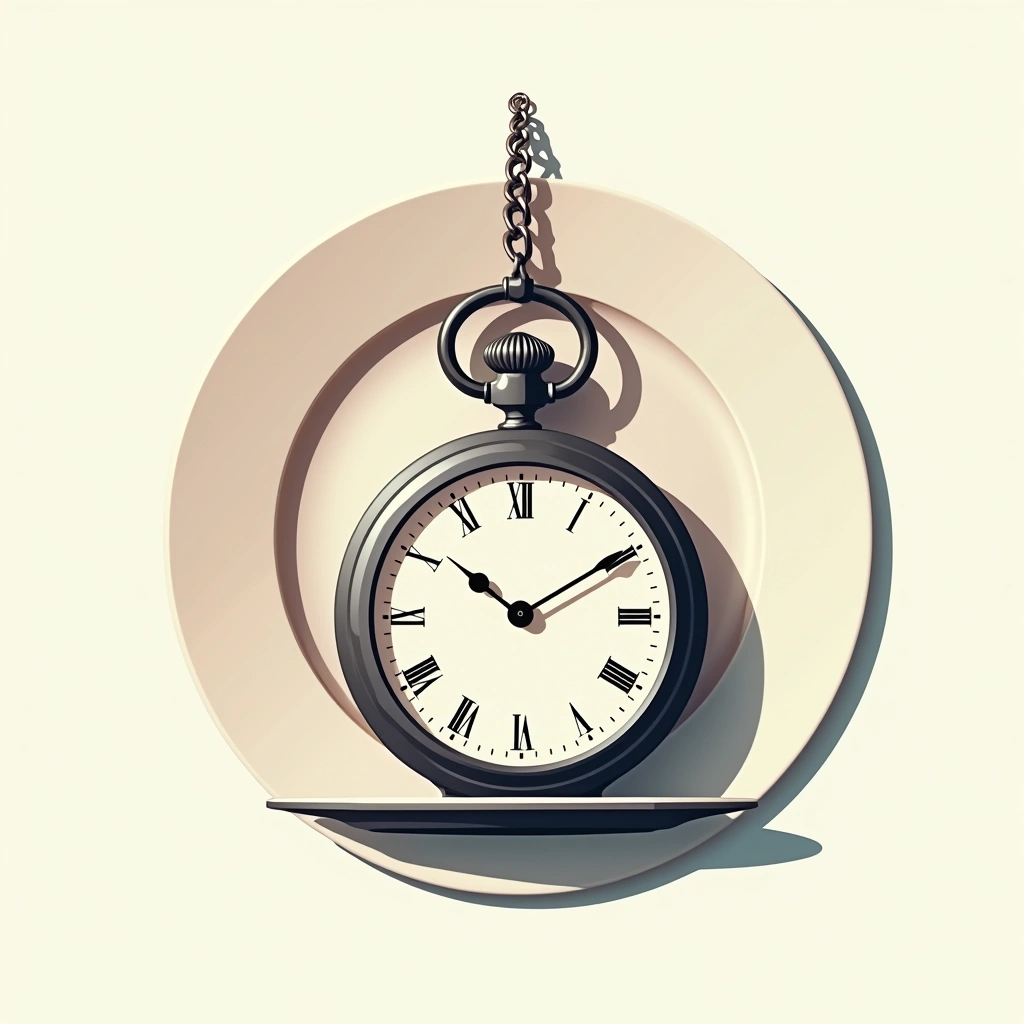
Accelerated Dining Protocol
Consumed meals in 15-minute intervals, favoring simple foods like roast chicken. Avoided elaborate courses to minimize downtime.



Hybrid Leisure-Work Integration
Converted recreational activities into work opportunities. Read reports during baths, dictated letters at theaters, and inspected troops during strolls.


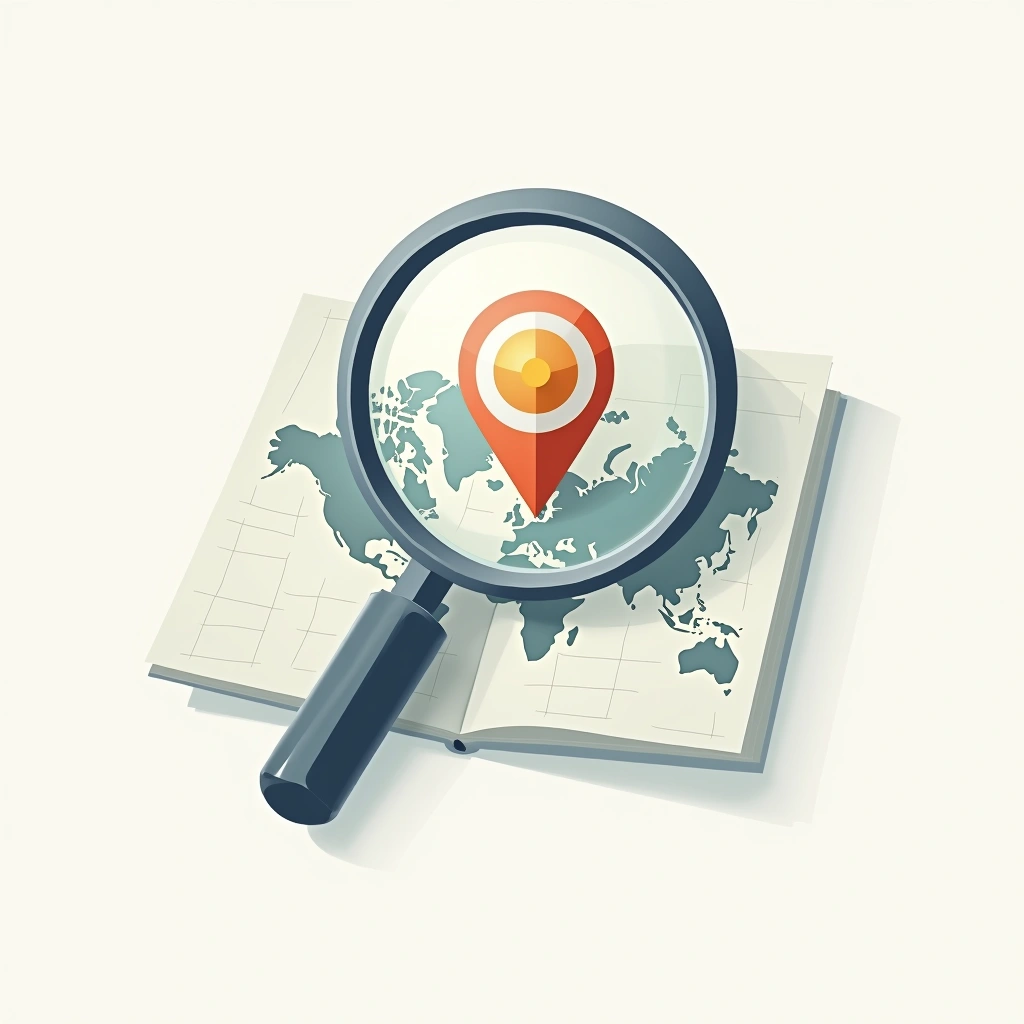
Detail-Oriented Interrogations
Grilled officials on precise statistics - grain prices, battalion counts, road widths. Required numerical answers to three decimal places.


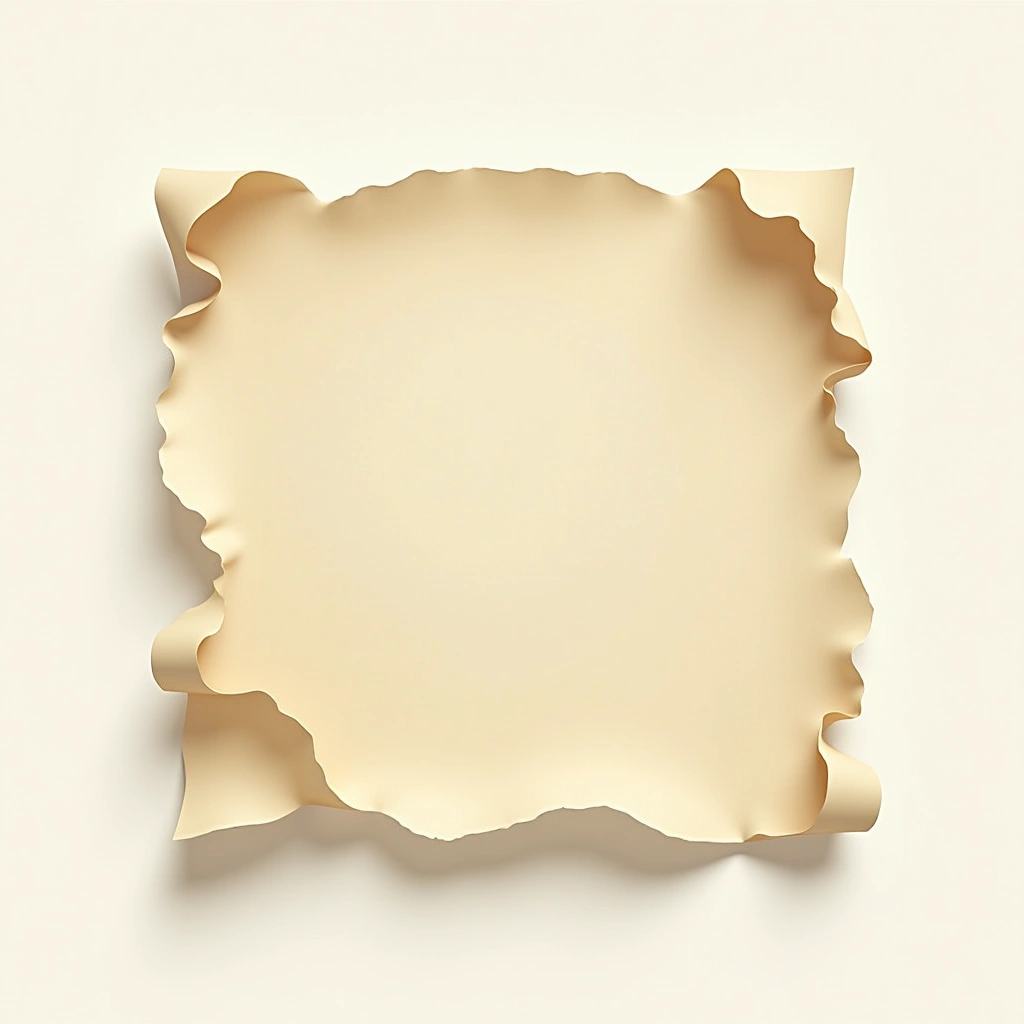
Strategic Forgetting
Purposely 'forgot' completed tasks to avoid mental clutter. Discarded documents immediately after processing.



Pre-Dawn Activation
Awoke at 7 AM for tea and urgent correspondence review by fireplace light. Prioritized cold-weather comfort during morning rituals.


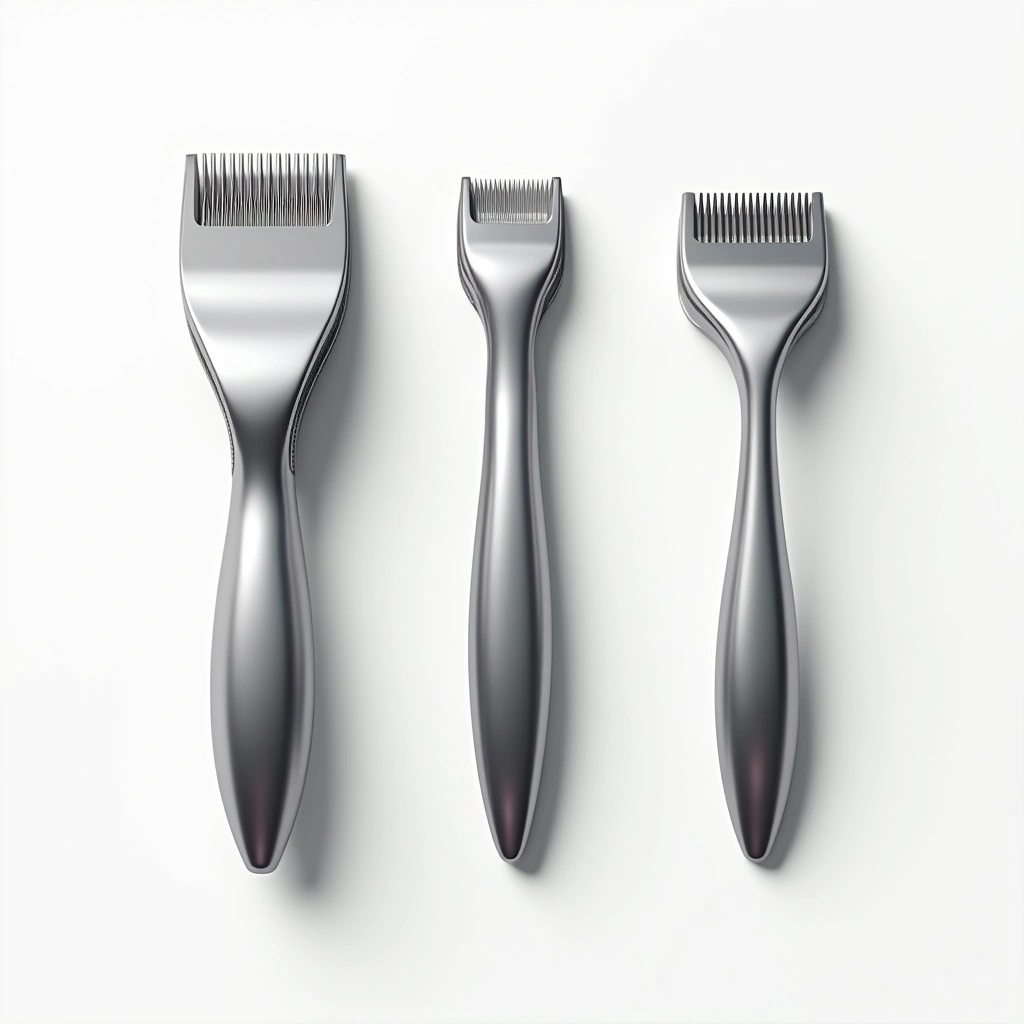
Hygiene Ritualization
Conducted 2-hour morning grooming with scented baths and meticulous shaving. Traveled with personal grooming kit containing 40+ items.


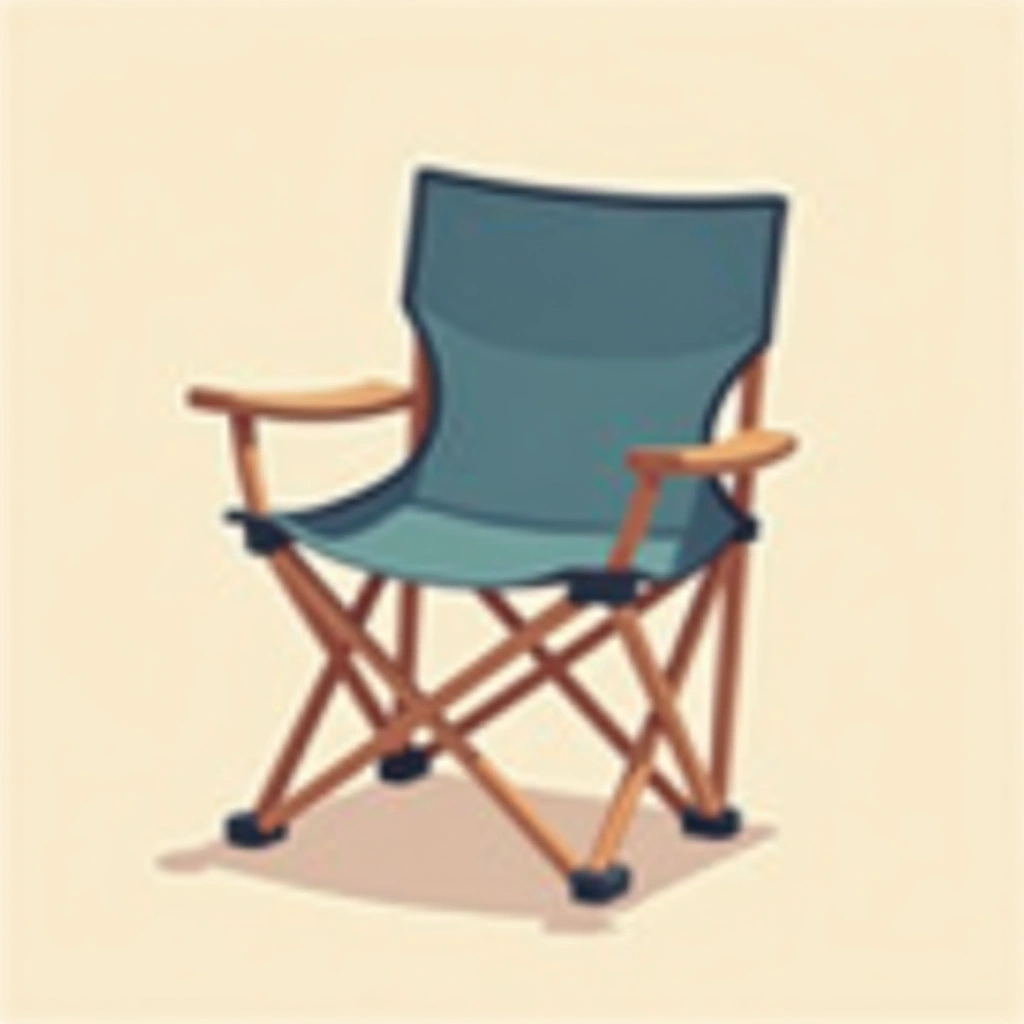
Decentralized Workspaces
Avoided fixed offices, working from couches, carriages, and camp beds. Preferred informal postures for prolonged mental exertion.



Targeted Forgetting
Deliberately erased dismissed ideas to prevent reconsideration. Burned obsolete plans immediately.



Multi-Lingual Dictation
Alternated between French, Italian, and broken German when issuing commands. Mixed languages mid-sentence for precision.


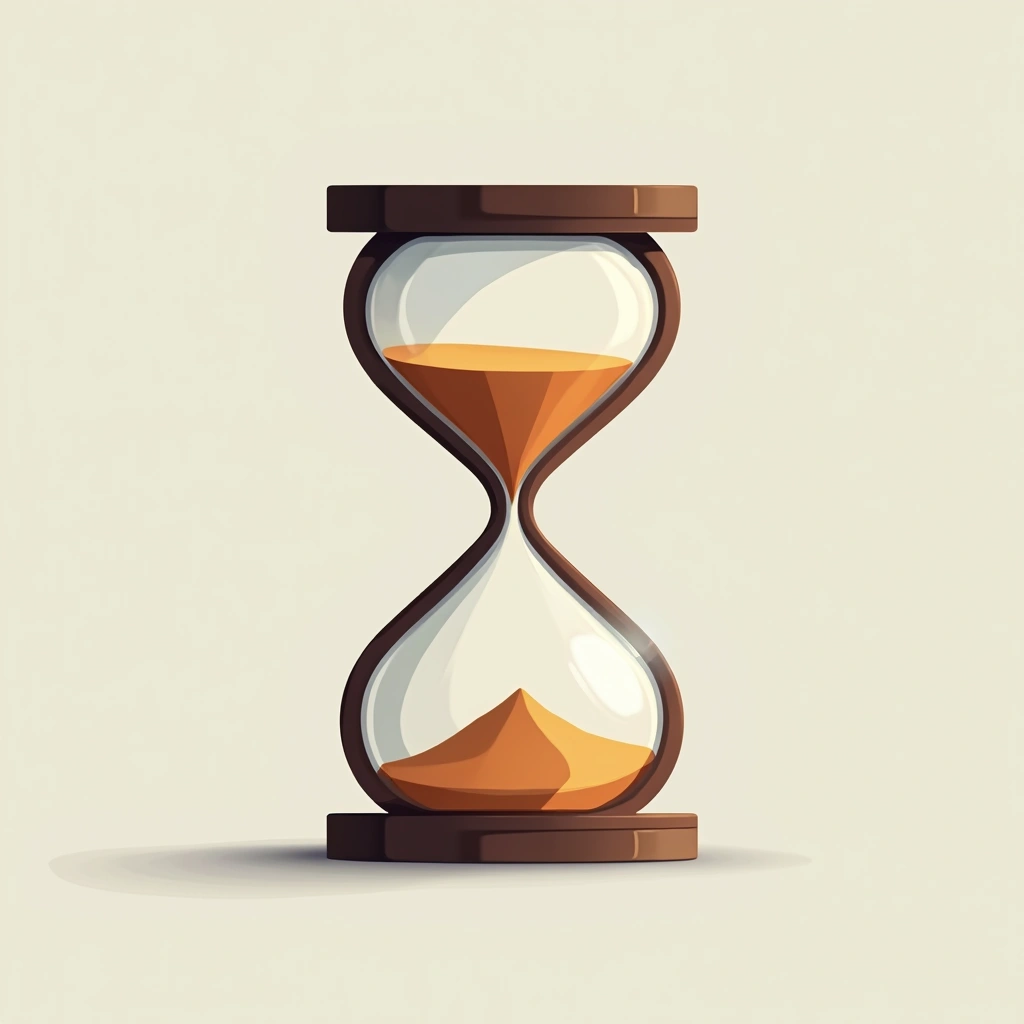
Structured Procrastination
Postponed non-urgent tasks systematically. Used pending matters to pressure subordinates into faster resolutions.


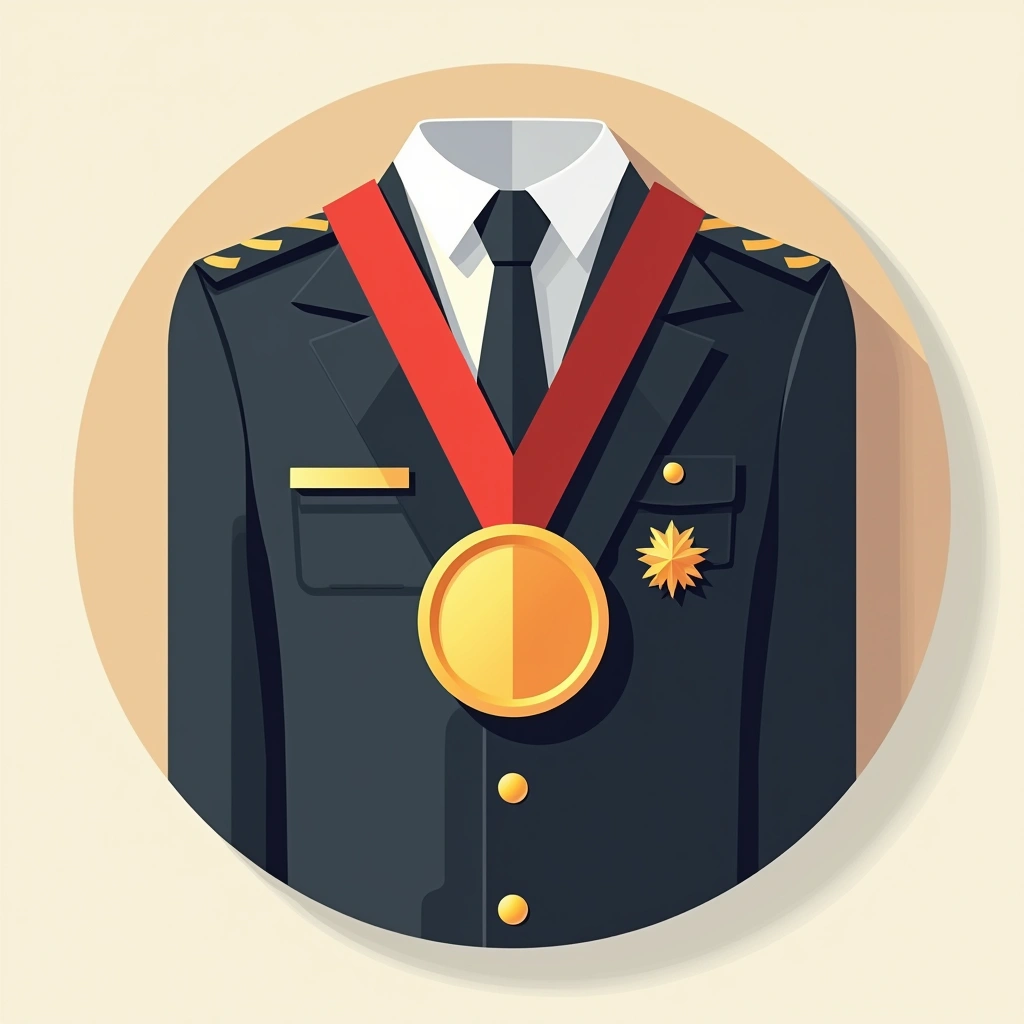
Tactical Memory Displays
Recalled obscure soldier names and battle details publicly. Memorized regiment numbers and supply lists.


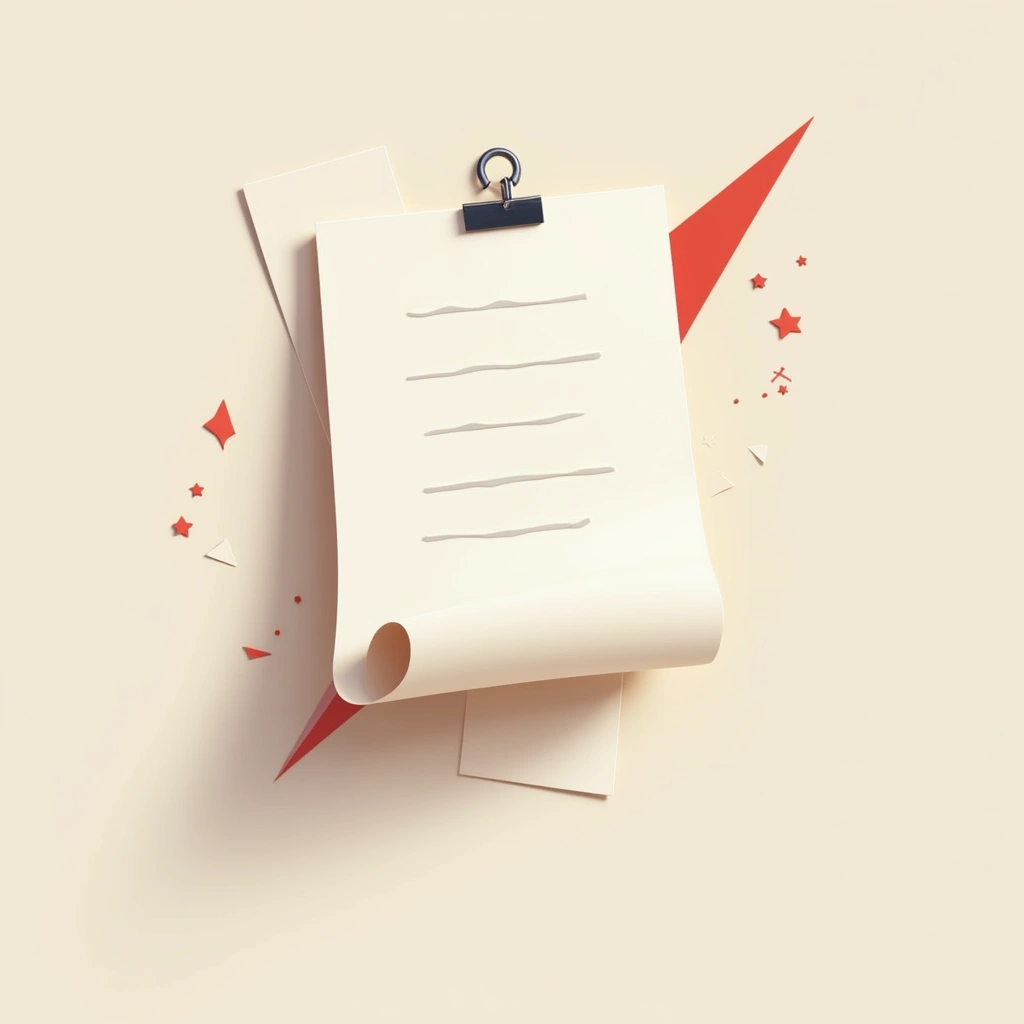
Selective Illiteracy Pretense
Occasionally feigned difficulty reading documents to assess aides' honesty during summaries.


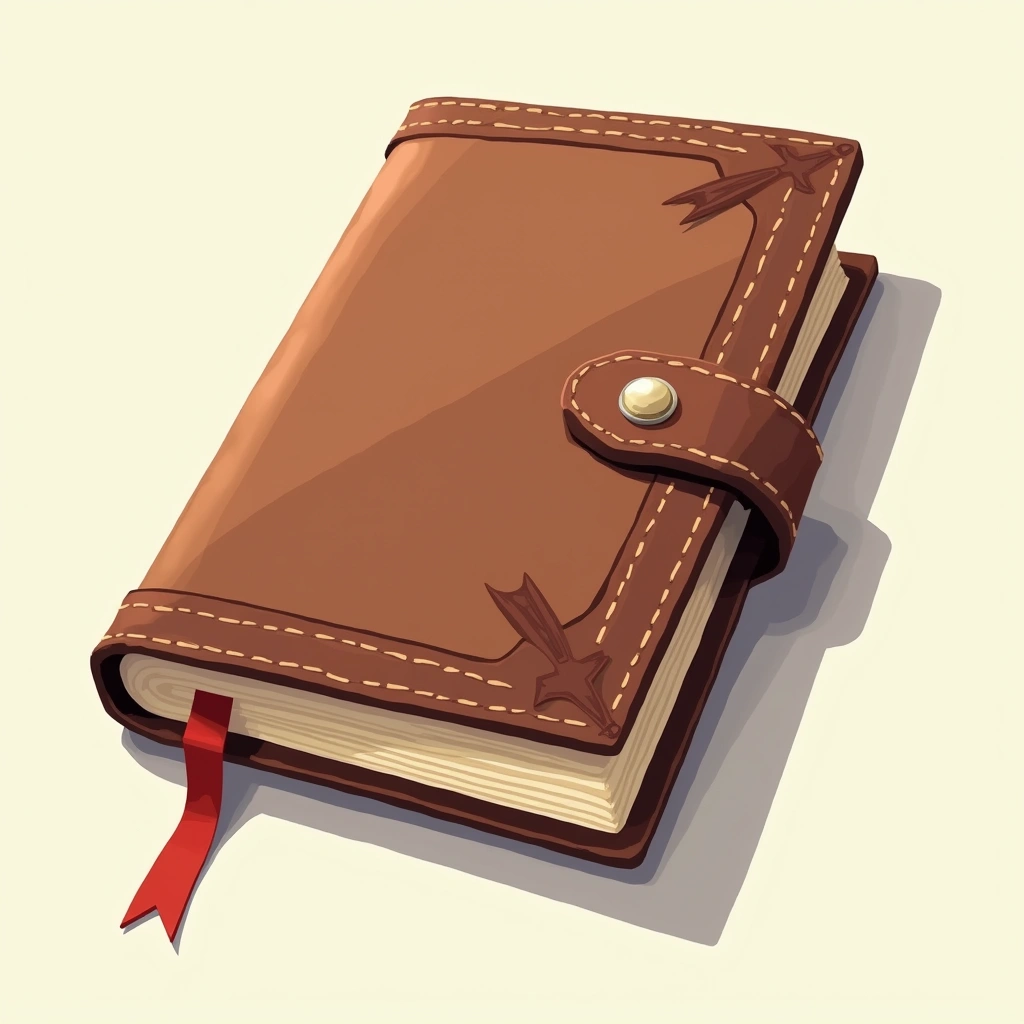
Archival Self-Documentation
Compiled personal archives of letters and orders. Preserved even trivial notes for historical legacy.



Climate-Controlled Workspaces
Demanded heated rooms due to cold sensitivity. Positioned desks near fireplaces year-round.


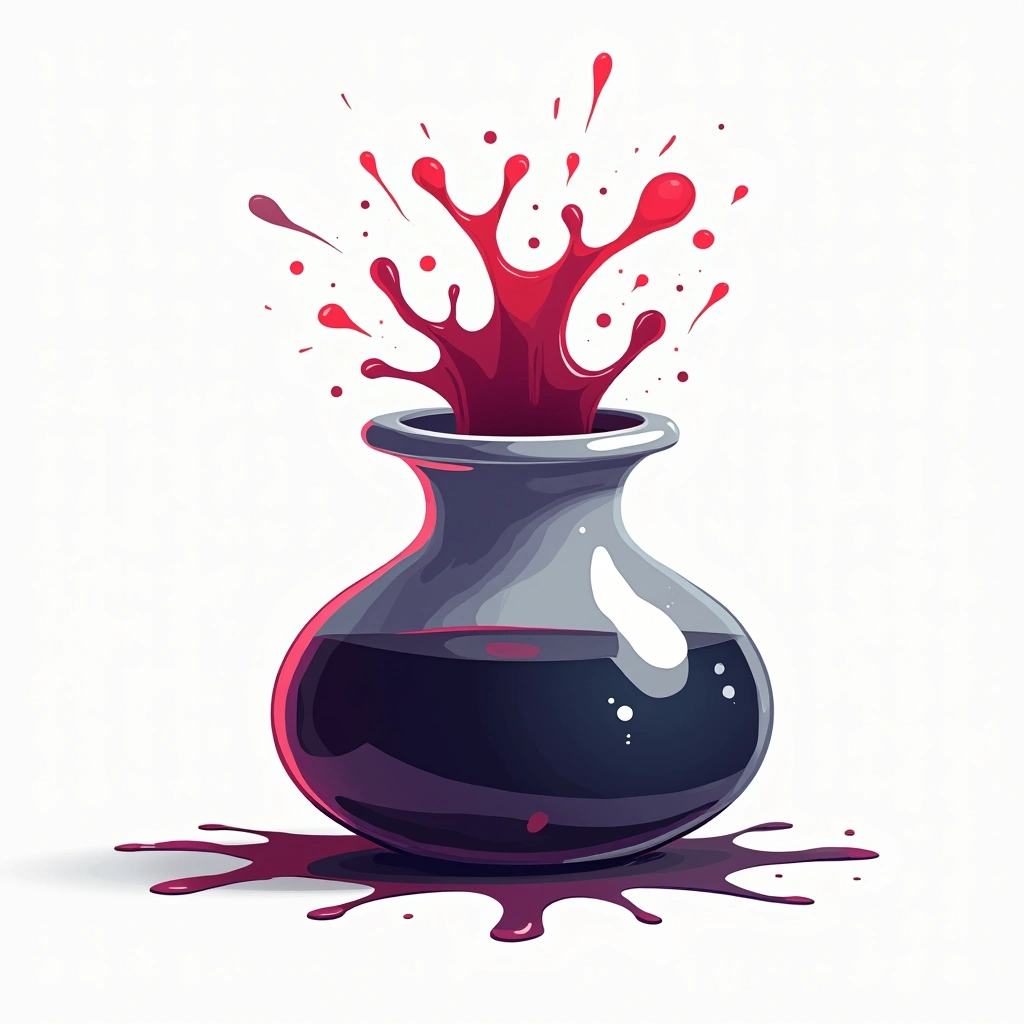
Velocity-Based Dictation
Spoke faster than secretaries could transcribe, forcing them to develop shorthand. Never repeated phrases.


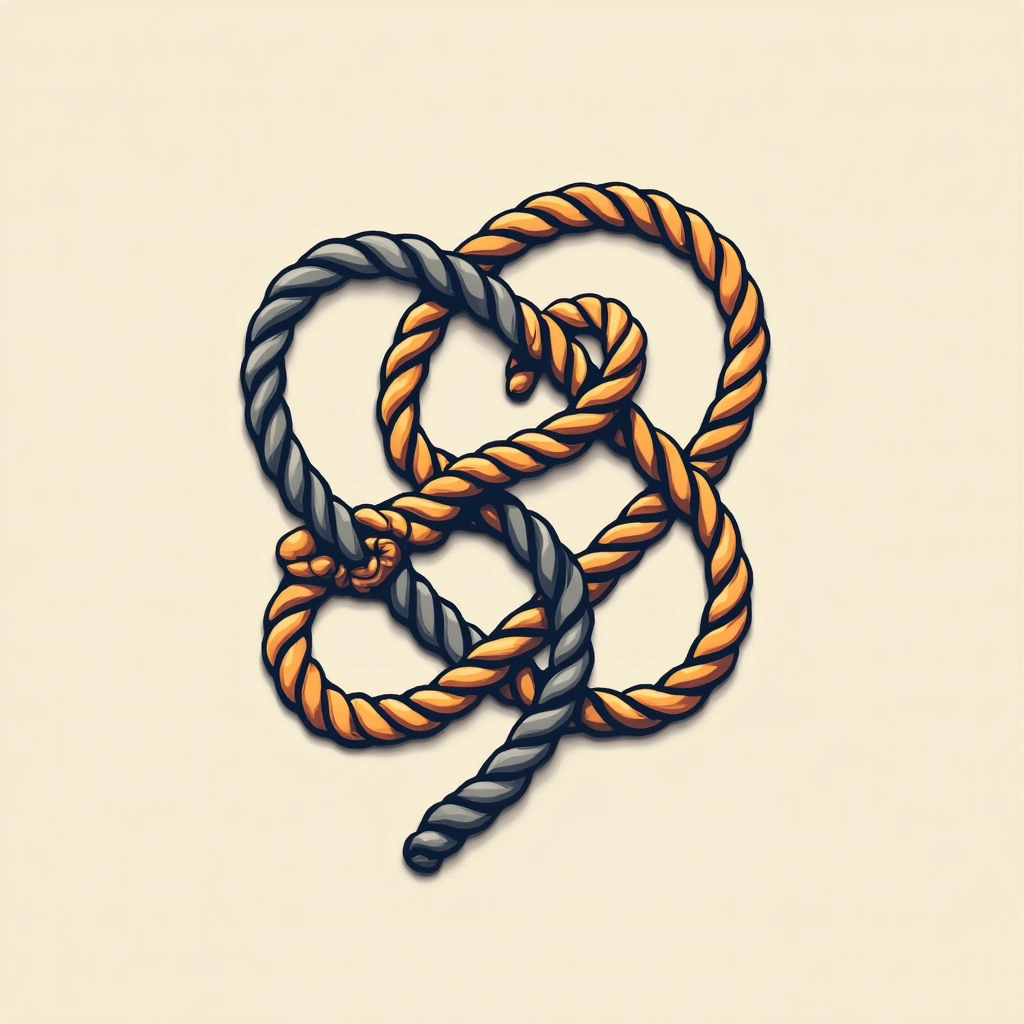
Antagonistic Delegation
Assigned overlapping responsibilities to ministers. Encouraged inter-departmental competition.


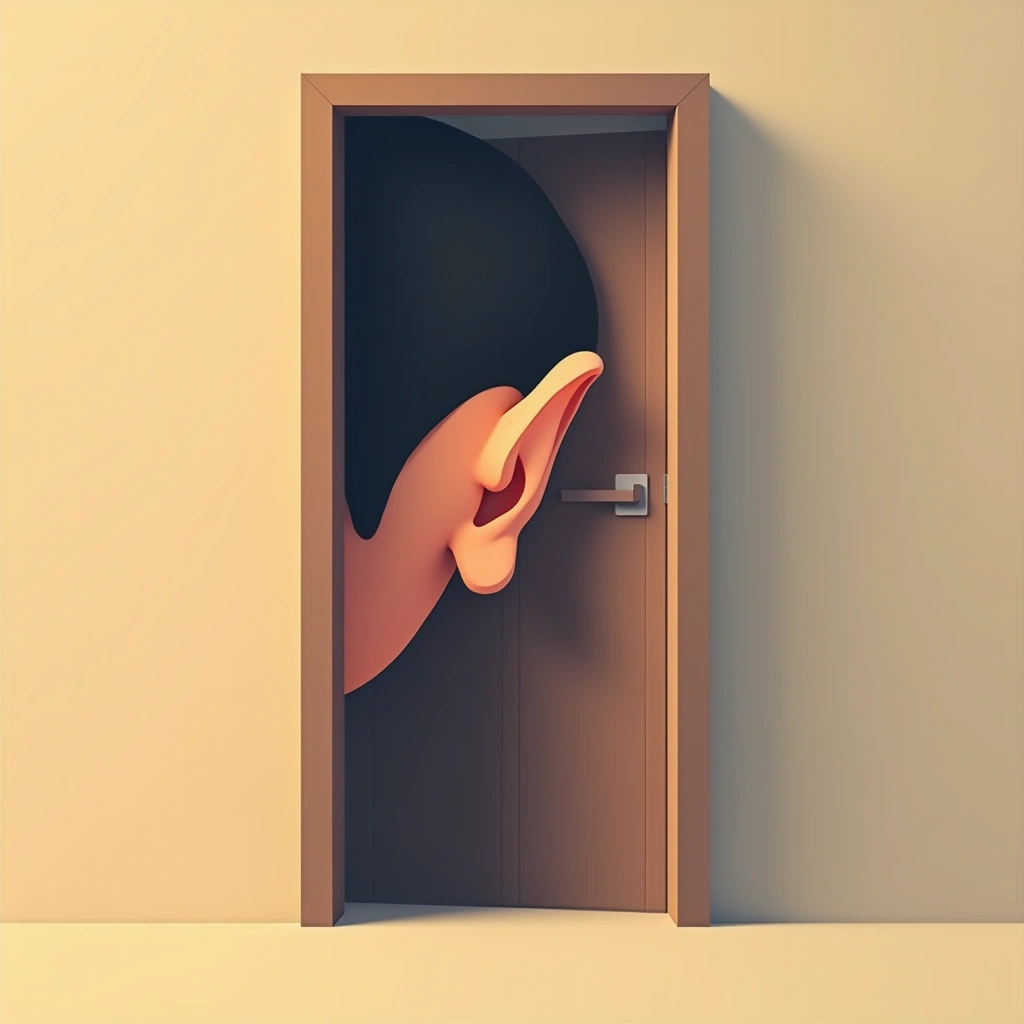
Informal Intelligence Gathering
Collected rumors from servants and locals during travels. Cross-referenced gossip with official reports.



Calculated Rudeness
Purposely neglected etiquette with foreign dignitaries. Used social discomfort as negotiation leverage.



Sensory Productivity Triggers
Used specific scents (eau de cologne) and sounds (Italian opera) to enter focused states. Associated sensory inputs with work modes.



Episodic Correspondence Bursts
Wrote 80+ letters daily during intense periods. Dictated 12-hour letter chains without breaks.



Situational Charm Offensives
Switched between intimidation and flattery. Memorized personal details to disarm opponents.


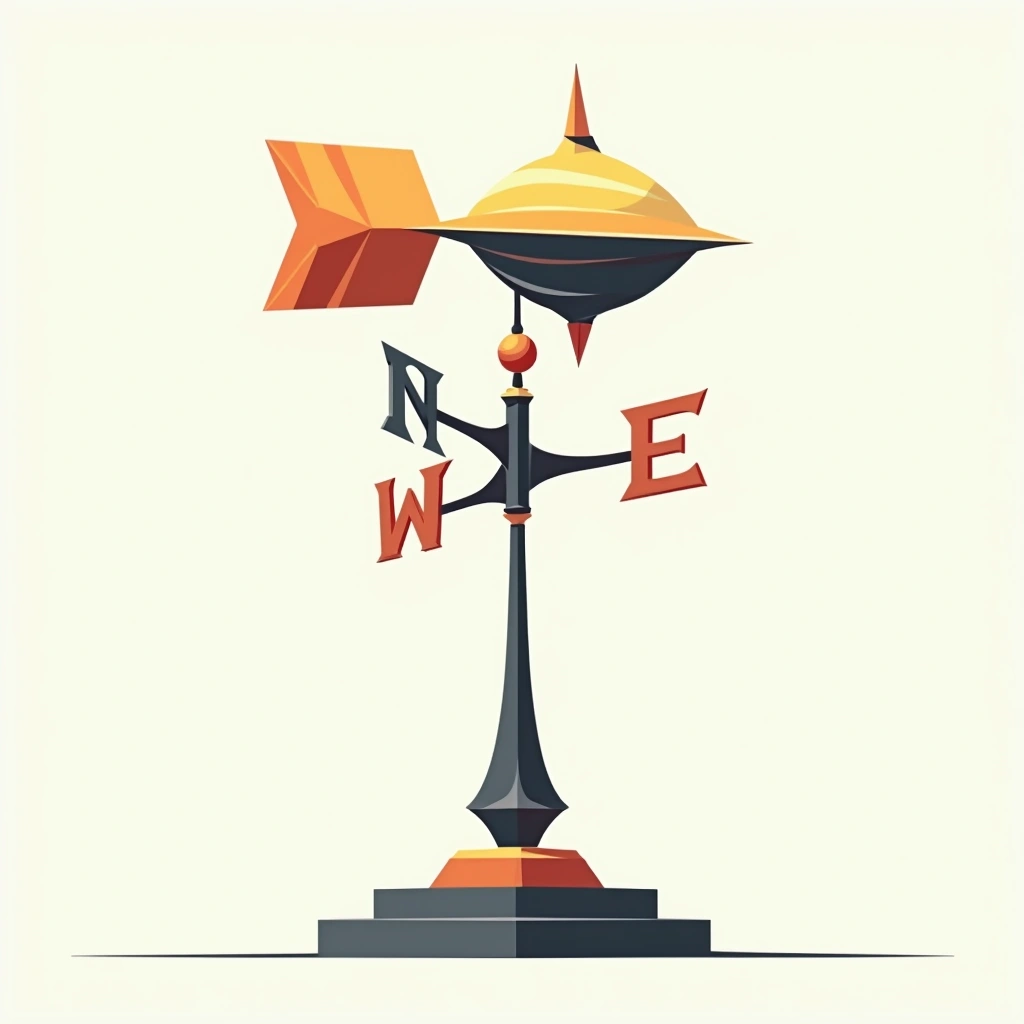
Preemptive Contingency Planning
Drafted alternative battle plans for every possible weather condition. Carried multiple uniform types.



Cognitive Reframing Exercises
Transformed setbacks into propaganda victories. Framed retreats as strategic repositioning.


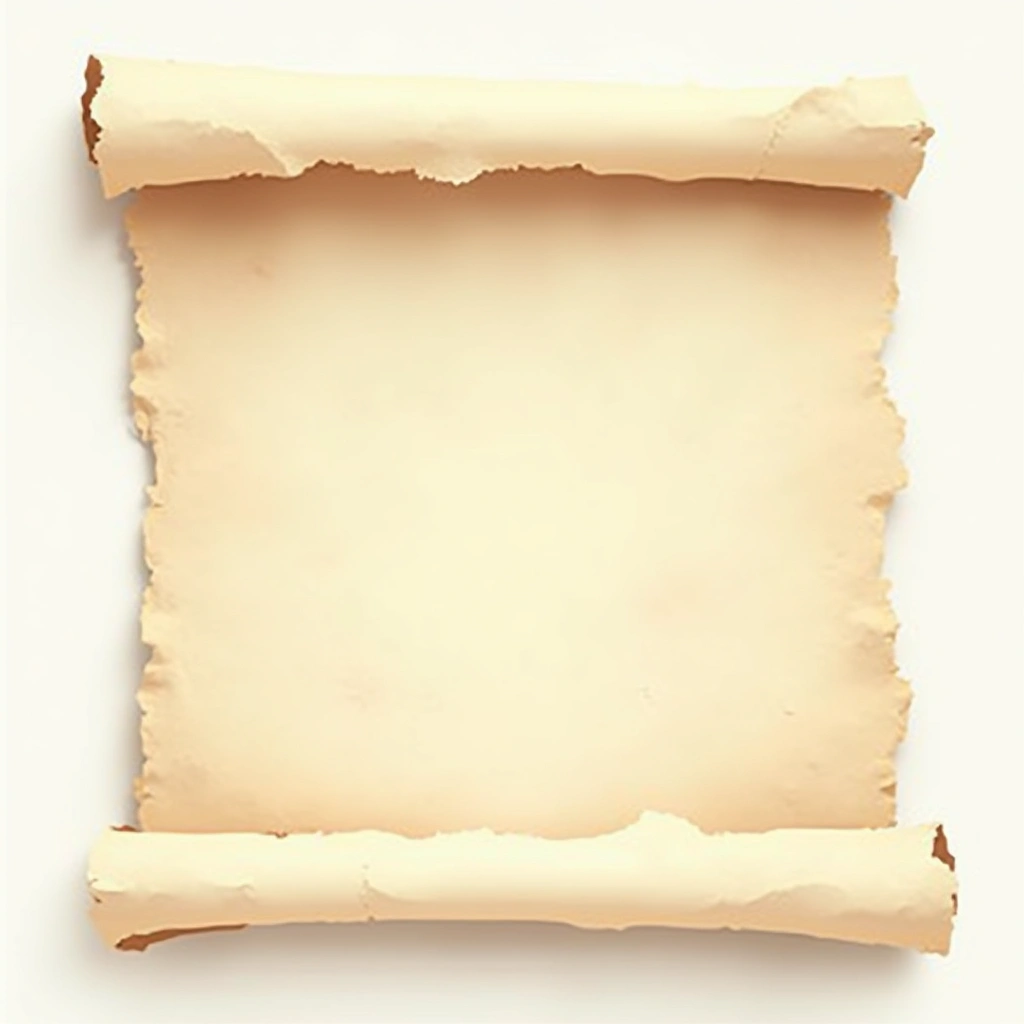
Situational Aphasia Pretense
Occasionally pretended not to understand questions to evade commitments. Used language barriers strategically.



Kinetic Meeting Conduct
Paced during discussions, throwing objects to emphasize points. Forced participants to match his physical intensity.

